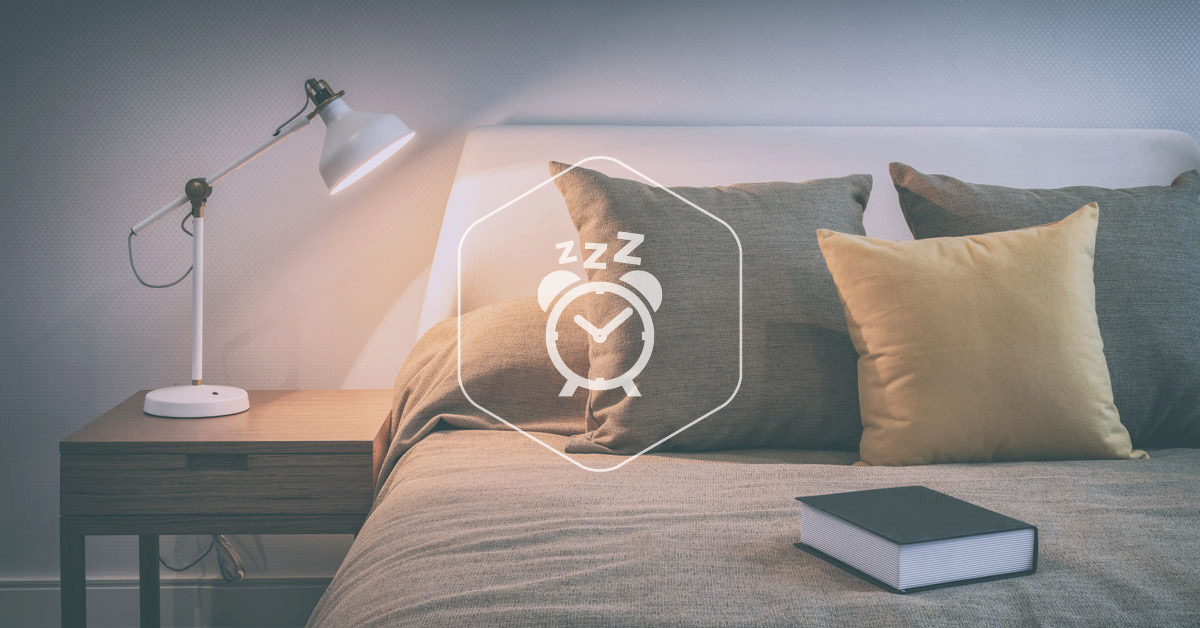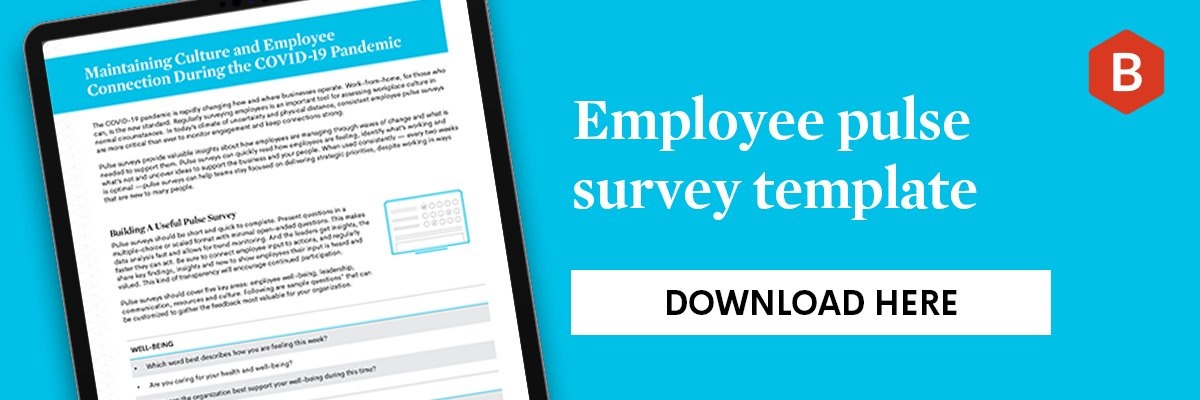Blog
Take a Rest: Using sleep to manage stress and anxiety
|

Blog
Take a Rest: Using sleep to manage stress and anxiety|

Stress, anxiety and new routines — which many employees are experiencing during the pandemic — can directly and negatively affect sleep. Developing a well-being program that encourages employees to maintain a healthy sleep schedule can lead to less anxious, happier and more engaged employees.
The importance of sleep
Sleep is widely regarded by wellness professionals as “the single most effective thing you can do to reset your brain and body for health.” It is now even more important for our physical, mental and emotional well-being as we combat the stress and anxiety of the COVID-19 pandemic.
- Sleep builds an effective immune system. A good night’s rest strengthens our immune system.
- Sleep increases brain function. For both adults and children, lack of sleep affects complex thinking, learning, memory, and decision-making.
- Sleep increases positive moods. Poor sleep habits can cause irritability, lethargy and cause or worsen feelings of depression.
- Sleep improves mental health. Studies have found lack of sleep is linked with mental health conditions like depression, anxiety disorder and Post-Traumatic Stress Disorder (PTSD).
The challenge
Many employees find getting enough sleep “hard” or “very hard.” The compounded stress of a new work-from-home routine and a global crisis can further disrupt sleep patterns. So while sleep is vital to personal well-being and a productive workforce, it is often challenging.
- 50-70 million Americans have a sleep disorder
- 45 percent of Americans say that poor or insufficient sleep affected their daily activities at least once in the past seven days
- One-third of Americans get fewer than 7 hours of sleep each night
- Sleep deprivation contributes to $63.2 billion in lost productivity annually
Begin the conversation
In the current circumstances, a more comprehensive well-being approach to support employees is needed. Employee pulse surveys can be a good starting point to gauge employee interest in well-being initiatives and the effectiveness of your current programs.
Sleep initiatives
Corporate wellness programs have a high return on investment and reduce health care costs, turnover and absenteeism. Wellness programs can also be key to attracting and retaining top talent. Many employee wellness programs focus on healthy lifestyle components—like nutrition, hydration and exercise. But many are missing a crucial component: sleep.
It is imperative to educate employees about the importance of a good night’s sleep and the health benefits eight hours of sleep can have on productivity, mood and health. Encourage employees to build these healthy habits into their new routines through workplace wellness initiatives.
- Set a schedule and routine. A routine can provide predictability and normalcy even in the most uncertain times. Stay consistent with a wake-up time and bedtime. Set aside an hour or less before bedtime to wind down, turn off devices and practice self-care.
- Be mindful of your light. Light exposure plays a crucial role in circadian rhythms. Spend time outside in the sun or work near a bright window that can be opened. Be mindful of your screen time. Blue light from devices before bed can negatively impact our sleep.
- Keep your bed for sleep. It is important to associate your bed with sleep, not work. Avoid working in your bed during work from home by making your bed each morning and designating a work location—ideally not in your bedroom.
- Stay connected. Social connections directly affect moods, energy, stress and anxiety. Use technology to connect with friends and family from a safe distance to promote happiness and connections to lessen stress and anxiety and benefit sleep patterns.
- Remain active. Closed gyms and lack of home exercise equipment can decrease physical activity, making it easy to overlook the importance of movement. Something as simple as daily walks, yoga and stretching can benefit sleep quality.
- Meditate and relax. Deep breathing, stretching, yoga, meditation and reading a book are relaxation techniques to build into your routine. Download Headspace or Calm apps for direction on how to begin a practice and routine if you’re new to meditation.
- Monitor your diet. Maintaining a healthy diet and monitoring caffeine and alcohol intake promote good sleep. Be conscious of how much caffeine and sugar you are consuming and when. Natural and healthy foods can promote longer and higher-quality sleep.
Kick start your team’s journey to a good night’s sleep today by gauging your organizations’ need for an updated wellness program or check out these work-from-home strategies for employee well-being.

